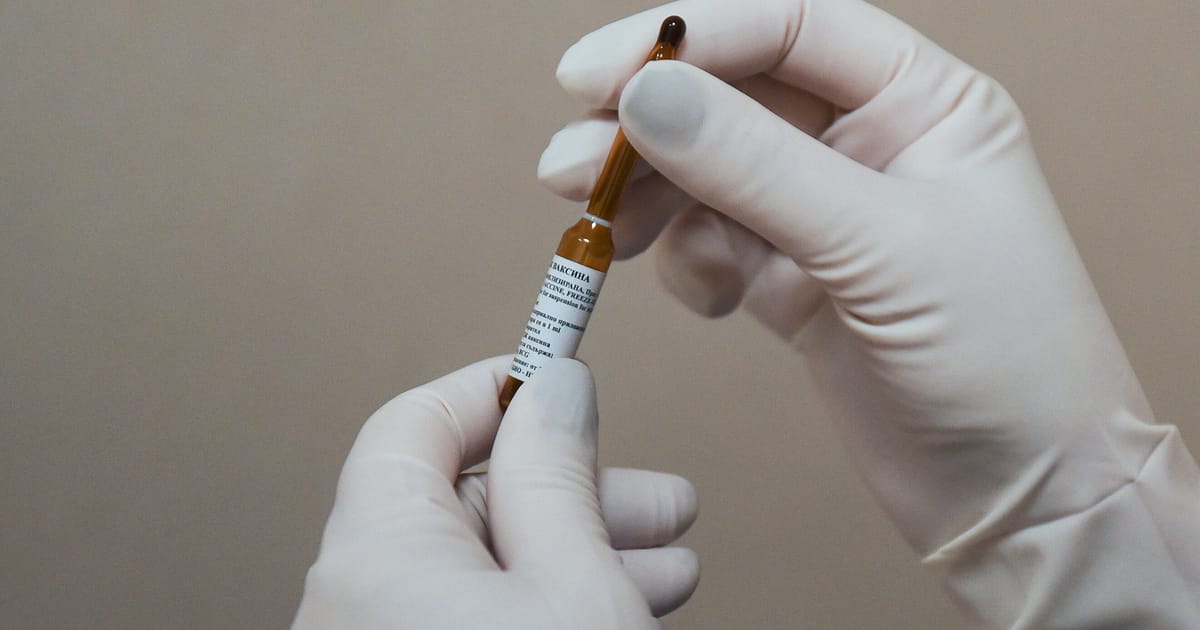- cross-posted to:
- [email protected]
- cross-posted to:
- [email protected]
Vital drugs are either not authorized or are deemed too expensive, as cases rise.
Rates of tuberculosis are on the rise in Europe, but countries are ill-equipped and lack access to the latest drugs targeting the worst strains.
Some patients are spending a year and a half in hospital isolation receiving old medicines instead of just six months of treatment at home, because countries do not have access to the most up-to-date therapies to cure people of the infectious disease.
In some EU countries, the latest medicines are either not authorized or are deemed too expensive to use. To effectively treat patients, the NGO Doctors Without Borders (Médecins Sans Frontières, MSF) has stepped in to help in Poland and Slovakia.
Earlier this year, the European Centre for Disease Prevention and Control (EDC) and the World Health Organization (WHO) warned that Europe was stalling in its quest to suppress tuberculosis and could miss its 2030 targets to end the disease. The agencies caution that if Europe doesn’t get a grip on the rising rates of infection with the recommended cocktail of drugs, the gains made over the last decade could be lost.



Surely they can’t both be true at the same time though, right? Either governments are rightfully not participating in a price-gouging racket, or they are cheapskates not willing to pay pharma companies.